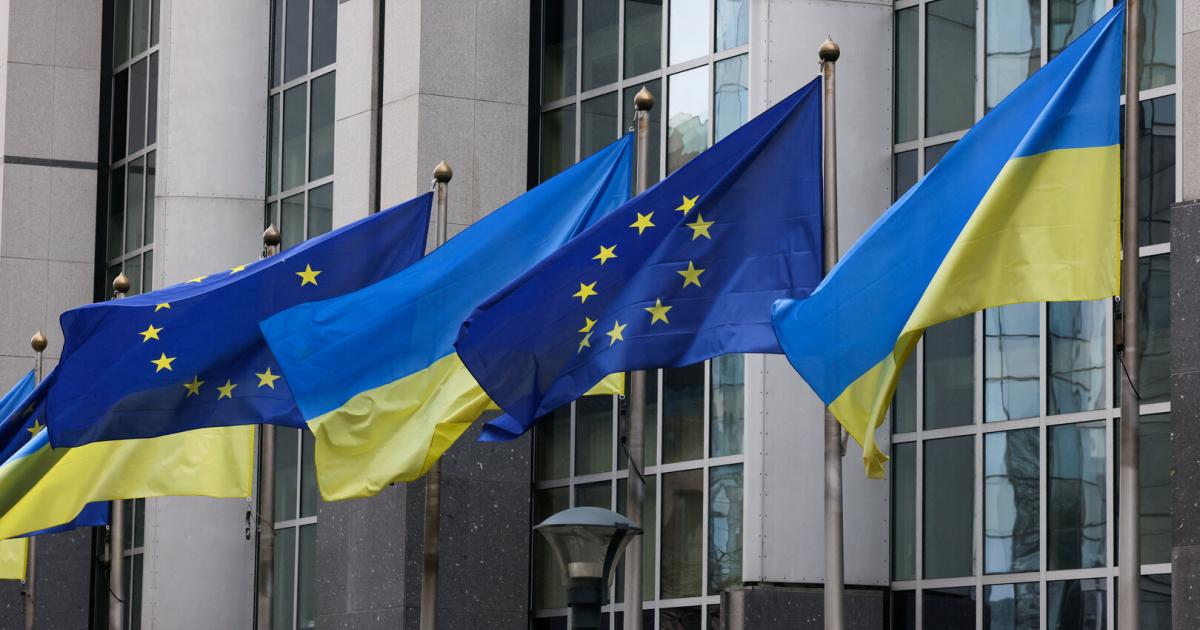The EU ambassadors have agreed in principle to allow the proceeds of frozen Russian assets to flow into the defense of Ukraine. This decision was made due to Russia’s war of aggression against Ukraine, and 90 percent of the money will go to the European Peace Facility for military support, with the remaining ten percent going into the budget of the Ukraine Facility. The EU Commission estimates around 210 billion euros from the Russian central bank have been frozen in the EU and expects the agreement to be approved by the Council of Economics and Finance Ministers next week. The EU Commission plans to send the first funds to Ukraine as early as July, with an estimated income of 2.5 to 3 billion euros per year.
In Austria, frozen Russian assets have decreased significantly from 2 billion euros at the end of 2022 to 1.5 billion euros currently due to exchange rate fluctuations and exemptions, as confirmed by the Directorate of State Security and Intelligence. The National Bank also released assets that had been frozen due to exemptions. Additionally, discussions were held about sanctions against Russia, including a proposed 14th sanctions package that includes sanctions against imports of liquid gas and additions to the sanctions list for other organizations and individuals.
Other topics on
